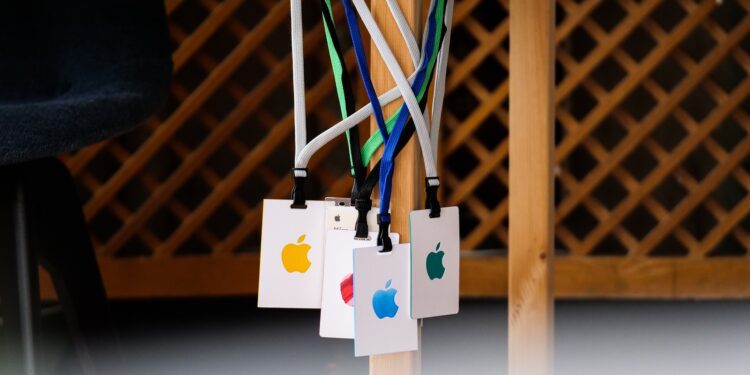Berkshire Hathaway, led by Warren Buffett, has been offloading stocks while significantly increasing its cash reserves. Recent filings reveal that the company’s investment in Apple has declined to approximately $70 billion as of September’s end, a steep reduction from close to $175 billion at the beginning of the year.
Additionally, Berkshire disposed of around 235 million shares in Bank of America. Such sales were mandated for disclosure since it held more than 10% of the financial institution. The corporation’s cash reserves have escalated for nine consecutive quarters.
By the third quarter, these reserves hit an all-time high of $325.2 billion, a rise from $276.9 billion recorded at the end of June.
Increasing cash stockpile at Berkshire
Out of this total, $288 billion is allocated to short-term investments.
Market observers monitor Berkshire’s cash accumulation as potential “dry powder” for forthcoming investment opportunities. Nonetheless, Buffett might be opting to keep that powder dry due to limited growth prospects in the market. The market value to GDP ratio, referred to as the “Buffett Indicator,” reached an unprecedented peak of 198.1% in the last quarter.
Previously, Buffett has cautioned that as this ratio nears 200%, “you are playing with fire.”
In a writing from 2001, he stated, “If the ratio approaches 200%—as it did in 1999 and early 2000—you are playing with fire.” The total market capitalization touched a historic high of $58.13 trillion this past Monday. Despite the recent sell-offs, Apple continues to account for roughly a quarter of Berkshire’s $266 billion equity portfolio. Furthermore, the firm has consistently enhanced its cash reserves for nine quarters, thereby achieving a record cash level.


